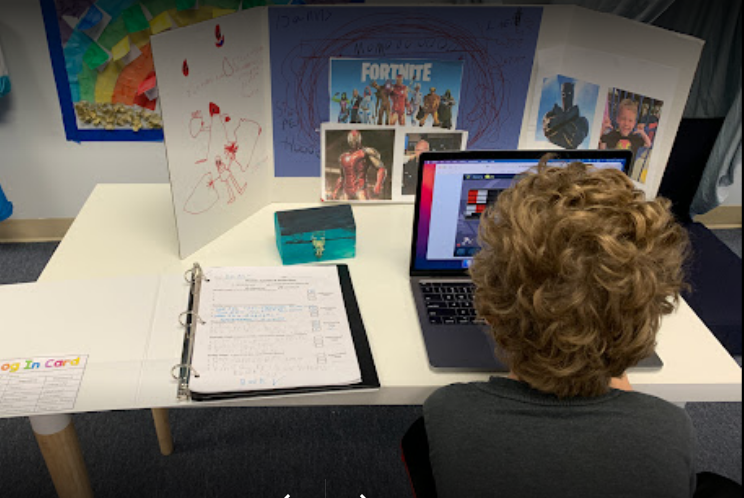
Editor’s note: This commentary from Kerry McDonald, a senior education fellow at the Foundation for Economic Freedom, appeared Friday on the foundation’s website.
In Massachusetts where I live, average private school tuition hovers around $23,000. For secular private schools, the cost is typically much higher, with Boston-area private school tuition often exceeding $40,000. This price tag is way too high for most families to afford, but emerging microschools are typically a fraction of the cost of other private education options.
For example, the Wilder School is a new Acton Academy-affiliated microschool that costs about $12,000 a year, while Life Rediscovered, a new homeschool resource center offering up to five days a week of full-day, drop-off learning, costs about $10,000.
Even established local microschools, such as Bay State Learning Center that was founded in 2014 and that I wrote about in Unschooled, have similar tuition costs and frequently offer financial aid or sliding scale tuition.
These tuition costs are still too high for many families to afford, but they are more accessible than many other existing private options. Supporting the creation and growth of more microschool programs through deregulation and by removing entrepreneurial barriers would reduce costs even further.
Today’s education reformers who are interested in expanding education options typically focus on school choice policies that redistribute existing taxpayer funding of education to families to use toward approved education-related expenses, including tuition.
These efforts succeed in weakening government control of education and providing more learning options to more families, as the recent introduction of universal school choice in Arizona demonstrates. They should be commended and replicated. But school choice policies aren’t the only ways to expand education options and access.
Encouraging the proliferation of private, low-cost microschools, hybrid schools, and learning pods is an important, and often overlooked, opportunity to offer more low- and middle-income families more education options without taxpayer money.
To continue reading, click here.


